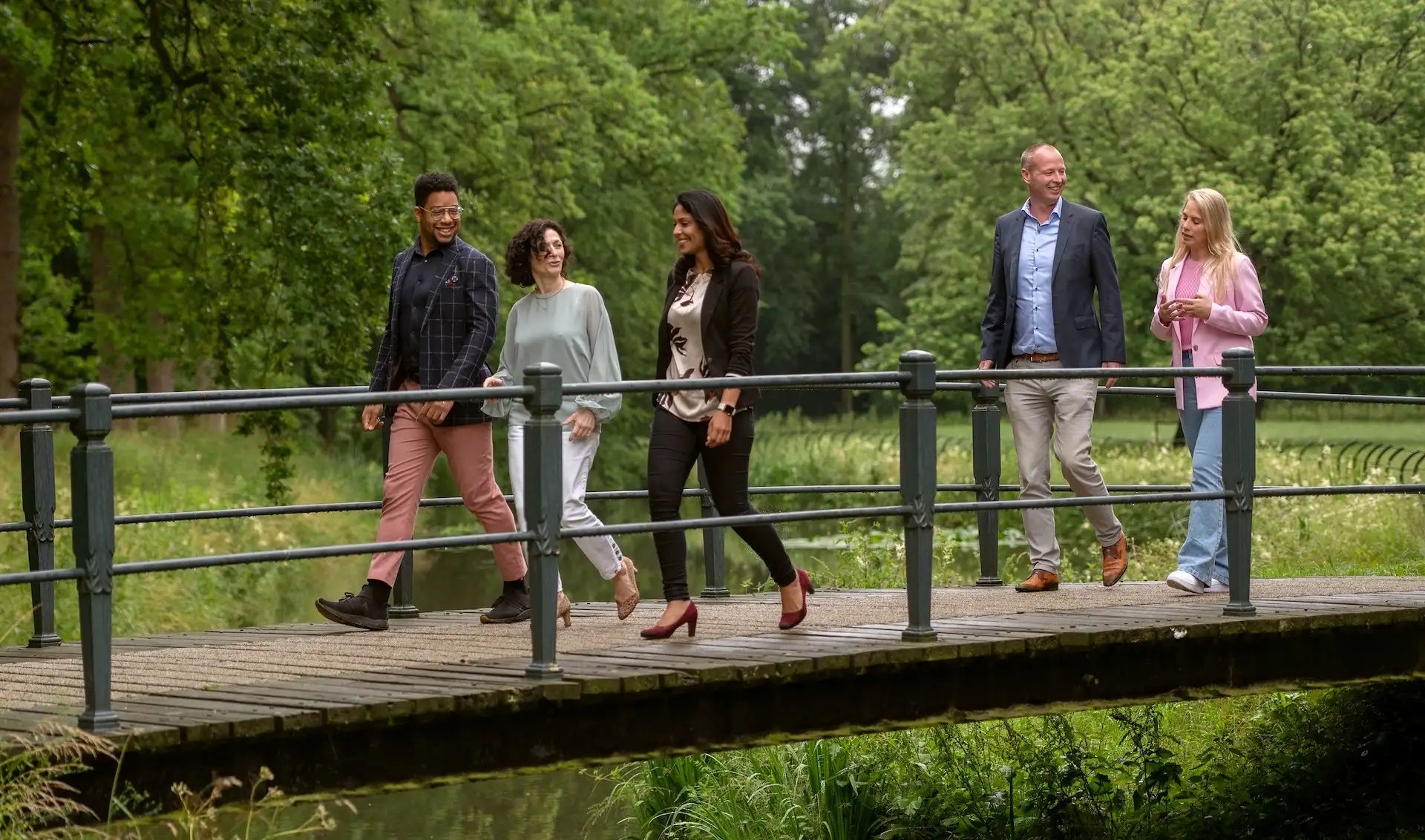“Social and environmental responsible behavior in the ready-made garment (RMG) industry can only improve if you take into account the history, the complex institutional environment, characterized by its local culture and sets of rules and regulations, and the mindsets of local business leaders” concludes Nika Salvetti, who obtained her PhD today from Nyenrode Business University with her dissertation addressing “what factors influence Corporate Social Responsible (CSR) behaviors in the garment sector of Bangladesh? Appreciating the ‘voice’ of the local business leaders”. Besides international pressure, she also sees an important role for local business leaders to promote more responsible and sustainable behaviors along the supply chain.
"While more and more companies are focused on sustainable entrepreneurship and focus on fair and inclusive economic growth of the global economy, still a trend is visible of companies moving their production to new markets with lower production costs. The largest, not necessarily the most sustainable, economic growth can be seen in Southeast Asia. The pressure on raw materials and essential natural resources is therefore high and the burden on society is increasing. For example, this has been particularly true in the Bangladesh RMG industry since the fatal accidents at Tazreen Fashions and Rana Plaza in 2012 and 2013. And this has led to criticism and pressure towards the global supply chain to improve their socially and environmentally responsible behavior, "said Salvetti.
Local business leaders
Local producers in Bangladesh are often criticized and are seen as primarily responsible for the fatal accidents such as at Tazreen and Rana Plaza. “But they operate in a complex environment and they cannot be seen as the only guilty ones” Salvetti's research shows from three perspectives which factors contribute to the socially responsible entrepreneurial behavior of local business leaders in the RMG sector in Bangladesh. According to her, they can make the difference and steer towards sustainable growth by, for example, implementing technological change, improving working conditions beyond what is established by the local law, redefining the power relationships with their buyers and by setting the examples for others to follow.
Three perspectives
This research adopts three main theoretical perspectives at the historical, individual and institutional level of analysis to better understand the factors that influence CSR behaviors. The first perspective is historical and looks at the CSR evolution since the emergence of the RMG industry in Bangladesh, depicting the most relevant events that triggered such evolution. For example, the collapse of the Rana Plaza building in 2013, which killed more than 1,000 workers, had triggered the scrutiny of the international community on the flaws of the RMG industry. This led to an urgent call for more compliance at production level. However, it is with strategic collaboration between governmental, civil and private sector that CSR can advance. The ILO decent work program, the PACT/IFC initiative, and the ACCORD and ALLIANCE multi stakeholders’ programs are good examples of such collaboration.
The second is the individual level of analysis. The action logics, which define how leaders ‘interpret their surroundings and react when their power or safety is challenged’, are considered relevant intrinsic motivational factors that influence CSR behaviors. This is because as soon as leaders are able to better understand the complex surrounding with which they interact, they also understand why they need to behave more responsibly and sustainably and how to deal with such complexity.
The third one is the institutional analysis, which sheds light on all those institutional factors, coercive (laws and regulations; buyers’ requirements; consumers’ demands, etc.), normative (local culture and value systems) and mimetic (replicative factors), that induce CSR.
Meanwhile, the RMG industry in Bangladesh realizes that pursuing low labor costs and not respecting the environment, is not enough to build a sustainable business. The local producers also see this and understand that now more than before, compliance and sustainability determine competitive advantages and the advancement of CSR. Salvetti's research shows that it is important to listen better to the local voices and to look at the local context. “We tend to look from our Western perspective and often forget to look at the local context. While this actually helps to understand the situation and realize improvement" said Salvetti.
Related programs
-
Risk and Finance
Start date: March 11th, 2026Language:- Dutch
Location:- Breukelen
This module is only given in Dutch. Please visit our Dutch site.
View program
-
Change Management and Organizational Development
Start date: March 9th 2026Language:- Dutch
Location:- Breukelen
This module is only given in Dutch. Please visit our Dutch site.
View program
-
Cooperation and Leadership
Start date: March 4th 2026Language:- Dutch
Location:- Breukelen
This module is only given in Dutch. Please visit our Dutch site.
View program
-
Sustainability and Systemic Change
Start date: March 17, 2026Language:- English
Location:- Breukelen
Develop knowledge and skills to create opportunities for sustainable value creation from a leadership rol.
View program
